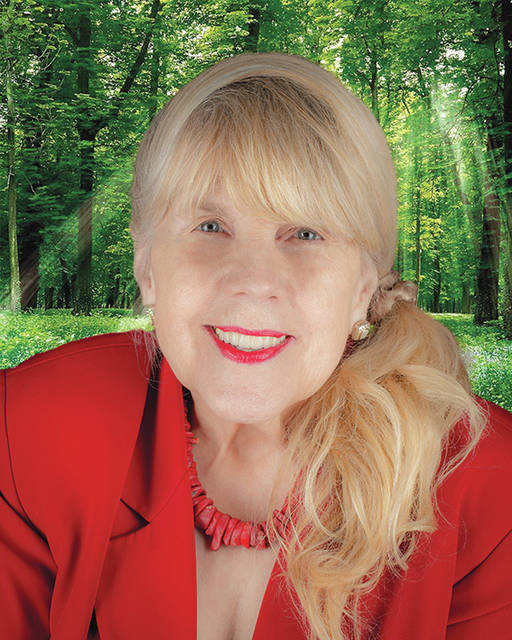Words hurt
Published 9:00 pm Tuesday, March 24, 2020
By Vivian Blevins
Contributing Columnist
It’s difficult to keep up with all the missteps that so many make day after day as we face the coronavirus. I know many of my readers realize that I am a single person often expressing a point of view that some of my readers may have and some of them may not endorse. My column today relates to President Trump’s referring to the virus we’re combating as the “Chinese virus” or “China virus.” This use has been termed racist and an unfortunate linguistic choice by some. A retraction has occurred, but not all are aware of the retraction, and harm has already been done.
I’m a proud American, but I’ve studied graduate-level American history and realize on a pragmatic level that our having civil relationships with countries around the world is critically important to our military security. Economic well- being is also important, and as I examine the plethora of books I own, my clothing, my prescriptions, my appliances, my technology, I realize that China is important to us from this economic perspective.
More on China. Six years ago, I traveled to Beijing, Shanghai, and Xian, so I can relate to you some of the racism I experienced while there as a white, tall, blonde, blue-eyed female. I could also regale you with the art, educational, and cultural experiences I had. I had always hungered to know more about China first- hand since I was a child at the Central Baptist Church and gave my coins to the Lottie Moon Christmas Offering and later read Pearl Buck’s stories of China. Neither is the purpose of this column.
Most in our society know not to use the “N word” unless they are among like-minded friends. For those who have yet to understand the damage that word does, I refer you to Countee Cullen’s poem entitled “Incident.” Widely available , short, and easy-to-understand, the poem depicts the impact of being called that word on a young boy travelling in Baltimore. Also, you might consider reading Gloria Naylor’s essay “The Meaning of a Word” which reveals the complexity of the use of the “N word” for those who say, “African Americans use it. Why can’t I?”
Back to the “Chinese flu” incident. One of my Facebook friends fears for the safety of her four cousins adopted from China. And with the radical behavior of some, she knows that their very lives could be endangered.
Another friend was called “Wop” as a young boy by Anglos in his neighborhood- until he began making stellar achievements as a high school student. My question is the following: Would he have achieved more, less, or the same without the denigrating label which he says meant “without papers.”
A former student wrote a rather lengthy essay entitled “Some Wounds Never Heal” in which he details, as a young teen, moving to a neighborhood which was “white collar on steroids.” Dennis W. McCurdy, an attorney, a poet, a songwriter, a journalist and an owner/operator of an art gallery, a music venue, and a vinyl record store outside Pittsburgh, Pa, writes of being referred to as the “hillbilly from the east side.” When attempting one day to enter a conversation with other teens, he was told “by a doctor’s son, now a doc himself, ‘Shut up, pizza face; no one’s talking to you.’”
McCurdy ends his essay in a way that I hope speaks for many Americans who have been denigrated because of their body type, race/ethnicity, religion, class, sexual preference, physical/intellectual limitations, or other characteristics considered different and, thus, subject to discrimination: “I am white. I am now considered fully privileged by race and economics. I am still wounded. Even so, I cannot imagine what others, who cannot change their essence to be the chameleon I am, do to endure the hurt. No one wakes up one day and chooses their color, their gender orientation, their sexual preference, their race, or their ethnicity. These immutable characteristics cannot be changed, but these persons can fight and prevail- and even while wounded- be of comfort to others.”




